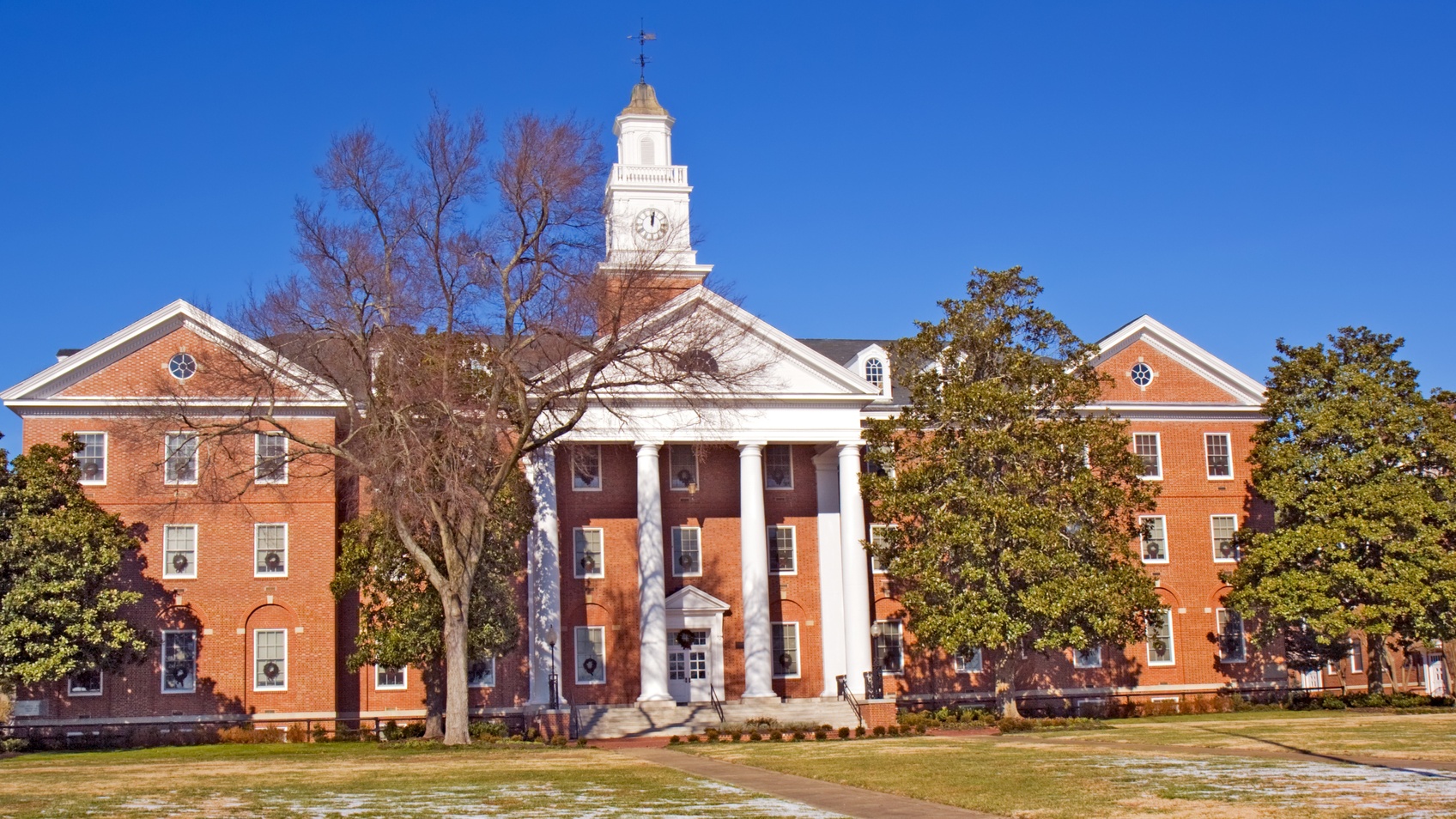Maryland lawmakers have passed a funding bill, worth more than a half-billion dollars, for the state's four HBCUs.
The legislation is in efforts to force federal courts to settle a lawsuit that alleges the state of Maryland was systematically discriminating against HBCUs, The Baltimore Sun reported.
The spending bill, estimated to be about $580 million, will provide money to state HBCUs, including Bowie State University, Coppin State University, Morgan State University and the University of Maryland Eastern Shore, over the next 10 years.
Kristen Clarke, the president of the Lawyers Committee for Civil Rights Under the Law, said she thinks the bill is a “major victory in our fight for equitable treatment of HBCUs.”
BREAKING: Maryland State Senate unanimously passed the HBCU Funding Bill of $577M to settle our long-standing lawsuit over the state's unfair and unconstitutional treatment of the state's HBCUs.
This is veto-proof –a major victory in our fight for equitable treatment of HBCUs.
— Kristen Clarke 866-OUR-VOTE (@KristenClarkeJD) March 15, 2020
At the beginning of February, Maryland House Speaker Adrienne A. Jones introduced the bill, which was considered "veto-proof" after receiving a unanimous vote in the Senate and a vote of 129-2 in the House. The only thing standing between the HBCUs and the funding is Gov. Larry Hogan, R-Md., who has to make the decision to pass or veto it.
If Hogan were to enact the bill, the money would assist the colleges in creating academic programs, expanding scholarships, recruiting faculty and providing efficient marketing, The Baltimore Sun reported.
Spokesman Mike Ricci said the governor is "open to considering a legislative solution to ending the lawsuit," according to The Baltimore Sun.
The bill was designed to settle a lawsuit stemming from the aforementioned discriminatory mistreatment of HBCUs under Maryland's government.
Maryland Senate Republicans agreed with HBCU leaders on the amount of money proposed to fix the systemic discrimination. Sen. Obie Patterson, D-Md., who attended an HBCU himself, said the bill was “a great, great compromise bill."
”Certainly, there will be some who say we didn’t go far enough or we didn’t get as much as we could," Patterson said. “[HBCU leaders have] assured me they were pleased with the progress we made.”
“I have never been so pleased in all my life to see all green lights on that board,” he said. “We all can come together for a common cause and do what’s right.”
Some HBCUs in Maryland are responsible for implementing higher education programs that were the first of their kind in the state, but many lack the funding to compete with predominately white institutions, according to the lawsuit. Bowie State University became the first college in the state to offer a master's program in computer science, but in 1994, predominately white institution Towson University introduced a similar program, subsequently lowering the HBCU's enrollment.
In 2006, college graduates filed a lawsuit, alleging that the state diverted the diverse applicants that were attracted to the HBCUs' programs to predominantly white institutions by allowing the institutions to duplicate programs, The Washington Post reported.
